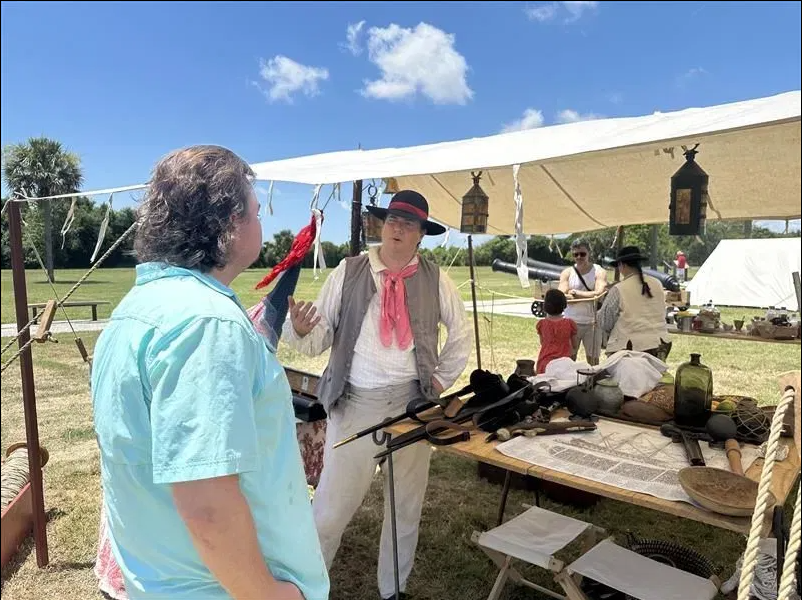A publisher once explained the First Law of Biography to novelist Nick Hornby: “They always increase in length, because the writer has to justify the need for a new one, and demonstrate that something previously undiscovered is being brought to the … party; and you can’t leave out the old stuff…”
Michael Korda — himself once the editor-in-chief at Simon and Schuster — observes the rule in his new biography of Robert E. Lee, which contains over 700 pages of text. Unfortunately, “Clouds of Glory: The Life and Legend of Robert E. Lee” (Harper, $40) offers readers little fresh insight about the already well-studied life of Robert E. Lee, the Civil War general for the Confederacy.
Mr. Korda paints Lee as the ideal 19th-century Virginia gentleman. He was born in 1806, the youngest son of Revolutionary War general Henry “Light-Horse Harry” Lee, and married Martha Washington’s great-granddaughter Mary Anna Randolph Custis in 1831.
Lee distinguished himself as a West Point cadet and posted a solid career as an Army engineer and cavalry officer, but national political tensions between North and South worsened during his career. Lee commanded the expedition to subdue John Brown’s attack on Harper’s Ferry in 1859, but his days as a distinguished officer in the U.S. Army were numbered.
When Virginia seceded from the Union on the eve of the Civil War in 1861, President Abraham Lincoln offered Lee an important command, but Lee instead became chief of Virginia’s armed forces. Within a year he was commanding general of Confederate troops.
Mr. Korda emphasizes, as most biographers have, how reluctantly Lee left the U.S. Army and was transformed into “perhaps the greatest rebel of all.” Aside from intrusive comparisons to European military commanders, Mr. Korda’s narrative of Lee’s generalship in the Civil War flows well, and the battle narratives capture Lee’s gift for daring strategy.
Mr. Korda treats Lee with a reverence bordering on hagiography throughout most of the text, but he resists calling Lee a perfect general. Mr. Korda writes that Lee “had everything a great commander needs except the willingness to overbear his reluctant [sub] commanders and mold them to his will.”
Mr. Korda counters proponents of the Lost Cause and insists that the loss at Gettysburg was Lee’s fault, but he blunts that judgment by attributing the loss more to Lee’s unwillingness to enforce his orders to James Longstreet and J.E.B. Stuart than to a flaw in Lee’s own overly aggressive battle plan.
Mr. Korda overall relies too much on the historical Lost Cause viewpoint — which paints Lee as the tragic hero of the glorious but doomed Confederacy — even as he sometimes tries to throw off its influence and find new insight.
Mr. Korda did little research in original primary sources, and he relies heavily upon Douglas Southall Freeman’s Lee biographies published in the mid 20th-century. Mr. Korda cites less frequently more recent and even-handed treatments of Lee by Emory Thomas, Elizabeth Brown Pryor and others. Mr. Korda is also downright sloppy at times, for instance when he cites Wikipedia as an authoritative source on the “fog of war.”
Mr. Korda’s most outdated ideas come in his treatment of the topic of slavery — surely important in the life of Lee, who owned and managed over 200 slaves and who fought to defend the institution. Mr. Korda says that Lee “was not an opponent of slavery,” and he admits that Lee “recognized that the institution of slavery was the central political issue for all southerners,” but the author treats the individual enslaved people around Lee as abstractions given to stereotypical behavior.
Mr. Korda does not write about slaves as historical actors, and he uses the outmoded term “Negro” at times to refer to African Americans. Mr. Korda also rushes through the final five years of Lee’s life in one chapter, giving him little time to portray Lee’s opposition to political and social rights for freed people after the war when Lee was president of Washington College and still a very influential southerner.
Anyone looking for a good biography of Lee would be better off reading another book. There is no need to wade through hundreds of pages of Mr. Korda’s biography, which is neither insightful nor original enough to do justice to its important topic.
Sarah J. Purcell is professor of history at Grinnell College in Iowa.



